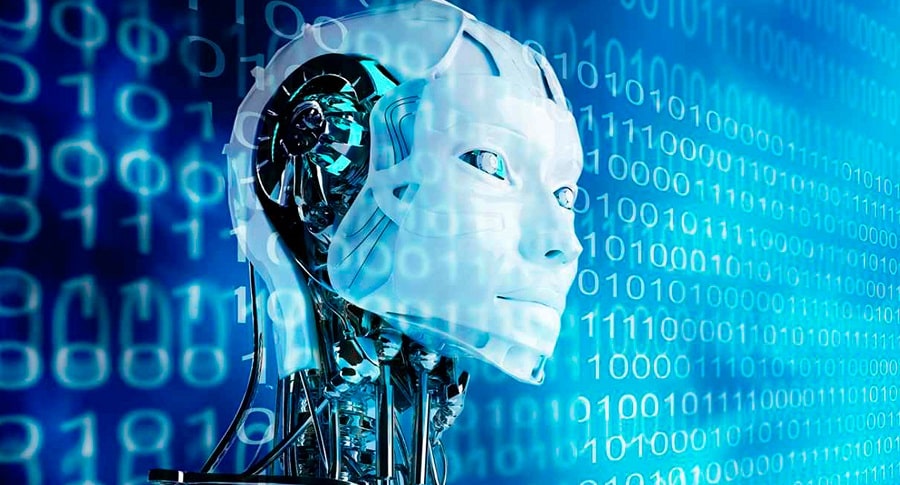Jobs to be replaced by artificial intelligence, robots and automation

The future of jobs is an important topic today. In this article, we’ll explore how AI, automation, and robotics will impact jobs in the next decade. We’ll take a look at which tasks are most at risk from AI and automation, how these technologies can really improve the job market, and what you can do today to prepare yourself for tomorrow’s success.
What jobs will be replaced by artificial intelligence and robotics?
To understand how artificial intelligence, robotics, and automation will impact the future of work, it’s important to first understand what each of these technologies actually does.
Here’s a quick overview:
- Artificial intelligence. AI consists of a set of technologies and techniques that enable computers to perform tasks that are currently performed by humans, such as recognizing images, understanding language, or responding to new situations with a decision or action.
- Robotics. Robotics is the use of machines that can be programmed to mimic human movements. These can be machines capable of lifting heavy objects or moving with great precision.
- Automation. Automation is the use of technology to control equipment or a process without constant human intervention. This includes the use of sensors that collect data about the process or parts being produced and then use software to control machines or other devices based on that information.

What jobs will be created by artificial intelligence and robotics?
Artificial intelligence, robotic process automation and machine learning could also create new jobs that don’t exist today.
Here are some examples of new roles that will be required in the future thanks to artificial intelligence and automation:
- Data scientists – these people will be responsible for how to use new data sources. They will be the people who can make the most of the data collected by the AI.
- Digital Transformation Leaders – those responsible for creating new digital products will be responsible for creating the right business strategy and plan for the organization. They will need to understand the current business environment and be able to determine the best strategy for transforming an organization through technology and digital transformation.
- Human Resources Specialists – They will be responsible for creating new HR policies and programs that will help organizations retain employees and hire the best talent.
- Competitive Intelligence Analysts – These individuals will be responsible for identifying and analyzing the company’s competitors and providing information on competitors’ business strategies.
How Robotics and Automation Can Benefit the Workplace
In addition to the jobs listed above, automation and robotics can help create many other types of jobs that are important for business growth. These include positions such as data engineers, cybersecurity specialists, and financial analysts. These jobs can help businesses grow, succeed and expand their reach. Automation and robotics can also help existing workers improve their performance. New technologies can make work easier and more efficient, giving people more time to do what they love. In addition, robots and automation can reduce the risk that workers are exposed to in certain situations, making work safer.
Outcome
The future of jobs is an important topic. The increasing pace of digital transformation and its impact on the world of work is challenging many organizations and their HR departments, especially when it comes to workforce planning and anticipating the types of jobs that will be needed in the future. Artificial intelligence, robotics and automation have the potential to create new jobs as well as replace some of the functions currently performed by humans. In the future, new technologies will help develop, grow and expand businesses, making it easier and more efficient for employees.
